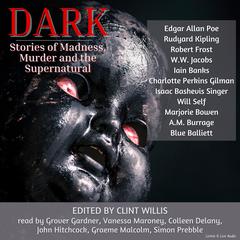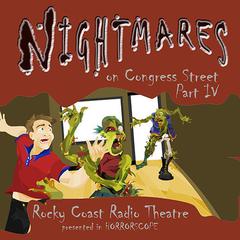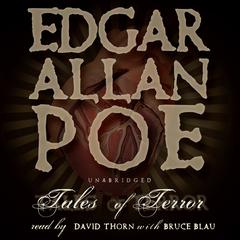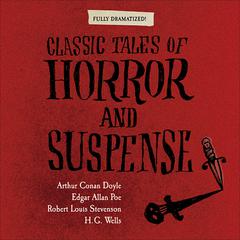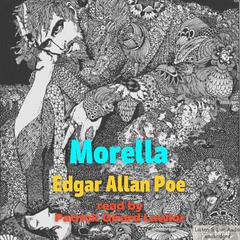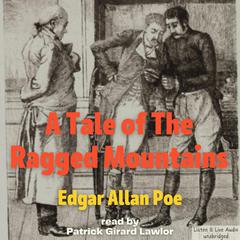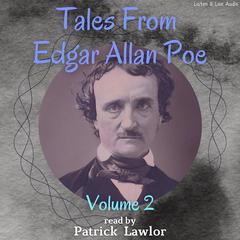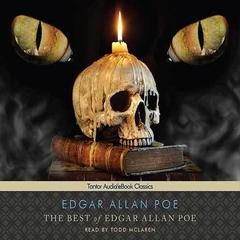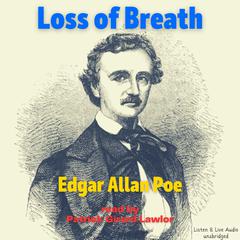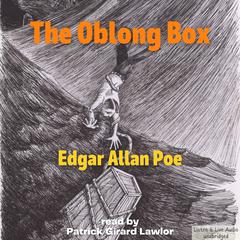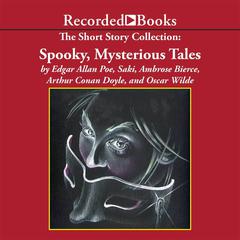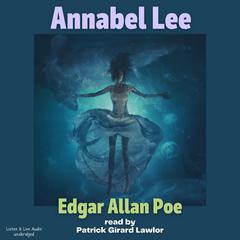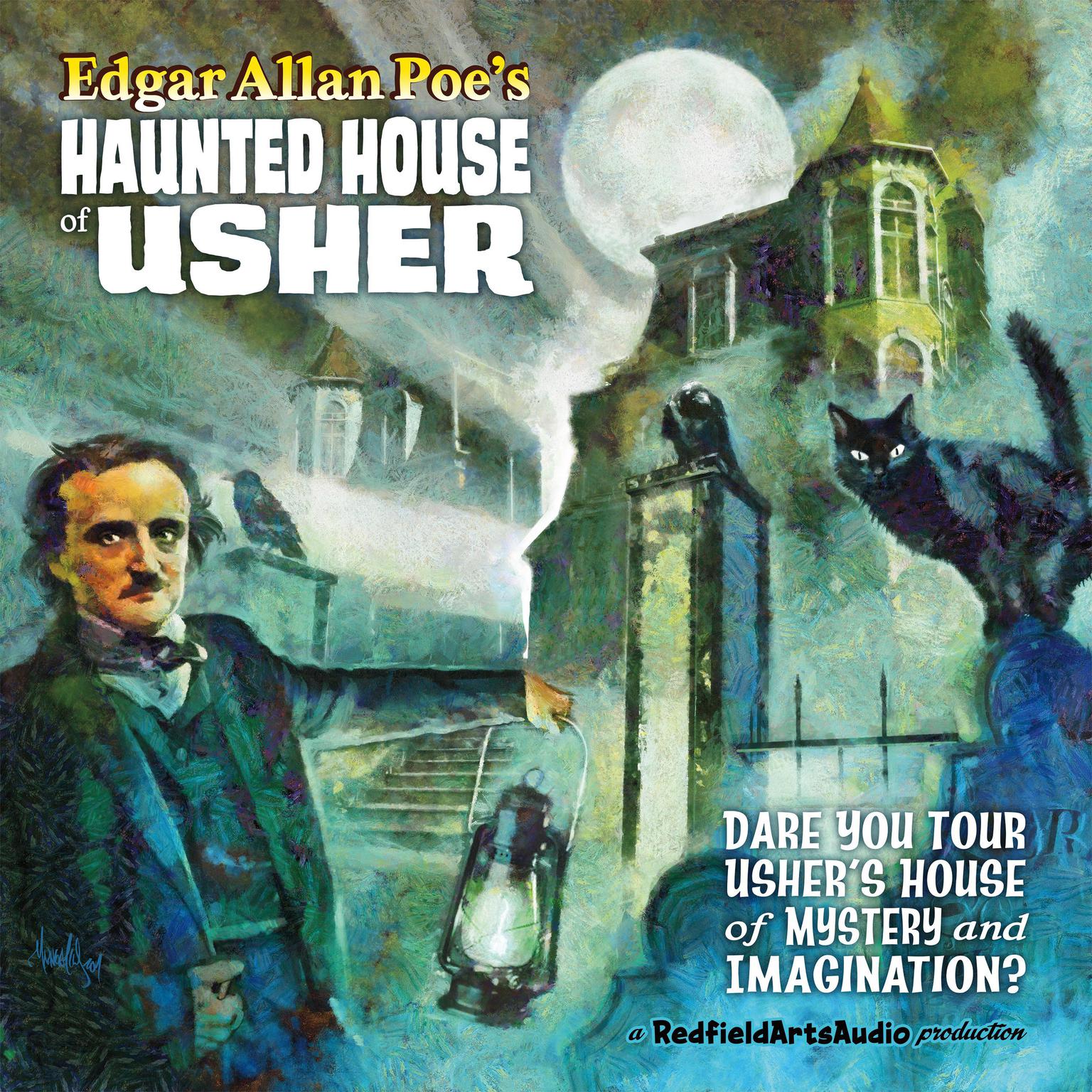 Play Audiobook Sample
Play Audiobook Sample
Edgar Allan Poe's Haunted House of Usher Audiobook
 Play Audiobook Sample
Play Audiobook Sample
Quick Stats About this Audiobook
Total Audiobook Chapters:
Longest Chapter Length:
Shortest Chapter Length:
Average Chapter Length:
Audiobooks by this Author:
Publisher Description
A new “haunted house” record just like we loved when we were growing up, but this one is special!
This one, “Edgar Allan Poe’s Haunted House of Usher”, takes us on a diabolical journey through the dark creative mind of Poe as we experience some of his most chilling tales! Roderick Usher’s house is alive! And dying! Are these actual events you witness, or are they Usher’s madness come to life? Come, and visit the Haunted House of Usher and experience what lurks inside!
CREDITS: Written and directed by Mark Redfield. Based on the works of Edgar Allan Poe. Sound Design and Original Music by Jennifer Rouse. Featuring the voice talents of Mark Redfield, Jennifer Rouse, Brian Chetelat and B. Thomas Rinaldi. Cover art by Mark Wheatley.
Download and start listening now!
Edgar Allan Poe's Haunted House of Usher Listener Reviews
Be the first to write a review about this audiobook!
About the Authors
Edgar Allan Poe (1809–1848) transformed the American literary landscape with his innovations in the short story genre and his haunting lyrical poetry, and he is credited with inventing American gothic horror and detective fiction. He was first published in 1827 and then began a career as a magazine writer and editor and a sharp literary critic. In 1845 the publication of his most famous poem, “The Raven,” brought him national fame.
Edgar Allan Poe (1809–1848) transformed the American literary landscape with his innovations in the short story genre and his haunting lyrical poetry, and he is credited with inventing American gothic horror and detective fiction. He was first published in 1827 and then began a career as a magazine writer and editor and a sharp literary critic. In 1845 the publication of his most famous poem, “The Raven,” brought him national fame.




